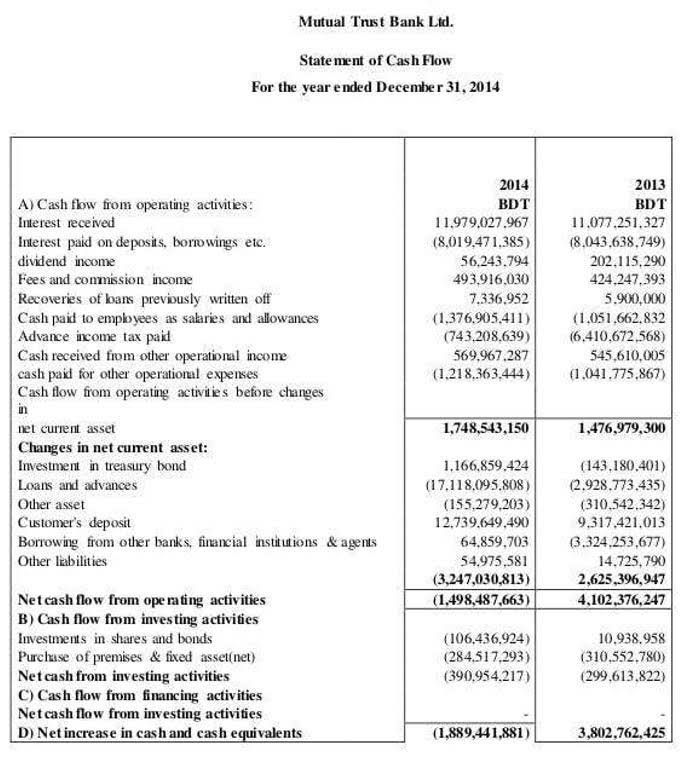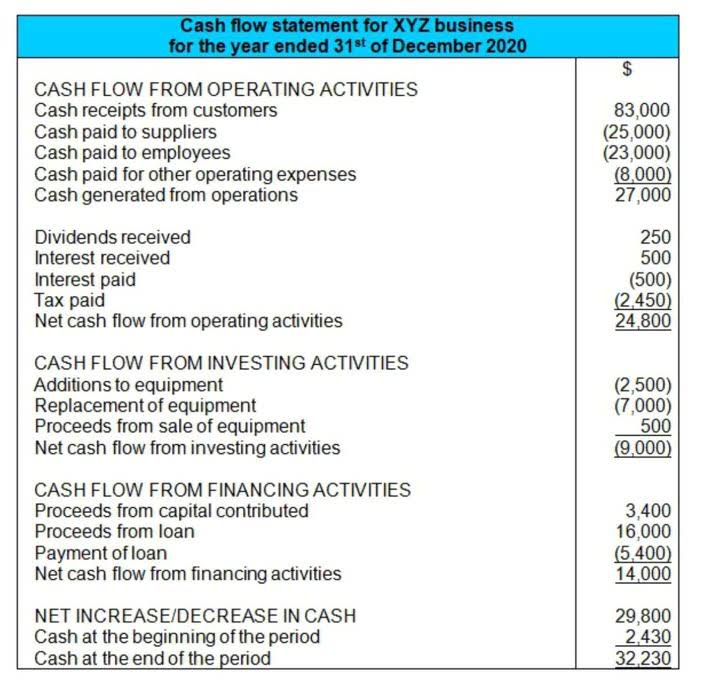All of these are critical and unique to working with multiple projects as compared to standard accounting practice. Work-in-progress accounts and milestone completions are tracked, while payment schedules match the agreed-upon revenue timing for consistency. Invoices are processed smoothly by aligning with project milestones and agreements, ensuring timely payments.
Scope creep
You can save time and eliminate administrative tasks by automating the project accounting process. Financial elements like project budgets, cost estimates, expenses, and project invoicing are essential areas that attract the attention of project accounting. Reports are generated on these areas and used by stakeholders to maintain proper visibility into the financial progress of the project.
Most project accountants are often too late to understand that change is happening. The fundamental reason behind is that they come to project accounting basics spot change when it has already made a footprint on the numbers. Having your say in the change control process could fix that and help you stay on top of everything.
It’s important to remember that each resource has a cost assigned to it, and as they add up, you can further understand the actual vs. planned time and cost of the project. To avoid cost overruns, your job is to account for all resources at the beginning. For example, when estimating the budget for materials used, don’t forget that some types of materials have a preliminary cost of purchase, plus ancillary costs, such as delivery, preparation, and installation.
- Project accounting focuses only on transactions that apply to that specific project.
- There are eight main project accounting principles that we’ve outlined below.
- Organizational growth thrives with strategic capacity planning and system evaluations.
- In fact, for project accountants, it’s the most responsible period, where their skills come in especially handy to maintain the financial health of the project and monitor its profitability.
Select Project Accounting Software
It is nothing but accounting done individually for each project that is diverse enough to require it. These types of tools can help you simplify your workflows and consolidate your data. Here are recommended books and articles that can provide a deep understanding of construction accounting. The scope of a construction contract goes beyond the physical construction work, often encompassing related services like demolition and restoration. Learn about some easy-to-apply ways for monthly expense tracking, with methods.
Project management accounting software is fundamentally different than a financial accounting system, and is a tried and true method for services organizations to drive better resource utilization. Other benefits of implementing such software include improving profitability and predictability, delivering great work and ultimately growing your organization. Project accounting provides strategic importance and practical benefits for organizations.
Teams
While you may think that a project start date might not be the issue, only having a clear understanding of your capacity and a portfolio view, a project manager decides on when resources should start working. Navigate regulations and improve existing accounting processes, including financial planning and budgeting. For example, each eyewash station from above costs the customer $2,000 per unit. If the actual expense with materials and expert installation is about $1,600, then the Better Building Construction Company has added 25% over this cost standard to ensure its profit. For each line item in the contract, the customer can assume a percentage fee over the actual material and installation cost. The method is also useful for a project in which the labour hours are the main cost for completion.
The project plan takes into account the estimates from the initiation stage and creates a detailed framework through which you can manage the project. Quickly identifying this type of change and making quick adjustments in relation to it helps you save on your project finances. Tracking every element of your project and how they change due to the effects of external factors is important to your project accounting operations.
- This financial understanding contributes to organizational efficiency, risk identification, and successful project delivery that contributes positively to the company’s financial health.
- From streamlining processes to facilitating collaboration, the right software is a powerful ally for contractors seeking efficiency and accuracy.
- But project accounting is also a great tool for improving profitability, saving money, and meeting deadlines.
- These challenges can lead to financial losses, strained client relationships, and missed deadlines.
- Without one, you’re setting prices without knowing whether your margins will hold.
The company bought the bulk of the materials, worth $4,000,000, in the first quarter. At the end of this first quarter, its total incurred costs are 20% of the total cost of the project, enabling the accountant to recognise 20% of the projected revenues, or $6,400,000. Without clear organization, tracking costs, revenues, and profitability per project would be chaotic. It usually involves looking at direct costs (like labor & materials) and indirect costs (like overhead & admin) while comparing them against revenue. We’ll dive into the key elements of project accounting and explore how it can reshape your approach to managing project finances.
What are the common challenges in construction accounting?
It can also be more effective to break large costs (like the video) into more specific expenses (like equipment hire and insurance, the billable hours spent scouting a location, and editing costs). Being able to minimize changes to the overall project roadmap will help to keep costs down. In fact, 50% of projects experience scope creep, which disturbs budget management. Explaining how you charge for work outside the agreed scope is a good start to saving your project accounting from scope creep. Martin loves entrepreneurship and has helped dozens of entrepreneurs by validating the business idea, finding scalable customer acquisition channels, and building a data-driven organization. During his time working in investment banking, tech startups, and industry-leading companies he gained extensive knowledge in using different software tools to optimize business processes.
This article outlines what exactly project accounting means and dives deeper into the basics and best practices. While project accountants and their activities are specific and limited by a project, financial accountants have no limits and play a more general role in the financial management of a company. Project accounting is similar to keeping track of the finances for every project a company works on.
With that in mind, all projects that track time or cost against milestones should have a project accountant to monitor them. General accounting deals with all financial transactions of the entire business, while project accounting reviews only project-related transactions. A simple way to think about this is the applicability based on the situation. When thinking about what is project accounting and what it applies to, project accounting is used internally for project work at a micro level. Financial accounting is the cold hard facts that get reported externally to auditors.
An Introduction to Sustainable Project Management
Project accounting, as with general accounting, is a method by which project managers can manage project finances. The salary of this manager, while not tied to a specific project’s physical construction, is crucial for the overall success of all projects. What’s more, you can always rely on project accounting software to make the process of tracking your costs much easier! You should use the tips from this article to find the best option on the market. For instance, dedicating some time to research and analyzing features and pricing that fit your needs will go a long way in this process.
Because human errors in reviewing numbers or calculating them quickly compound—leading to budget overruns, missed margins, and reduced client trust. Resource growth aligns with both organizational capabilities and evolving market needs, ensuring sustainable business evolution. Regular checks, validated codes, and clear allocations keep projects on budget, while audits add an extra layer of compliance.
When it comes to industries, project accounting is most commonly used in construction and engineering firms. This is because this type of work is commonly based on contracts for unique projects. Project accounting involves a lot of complex activities that happen simultaneously and in tandem. In order to make sure that errors are completely avoided and accuracy is increased, automating the processes involved in the segregation, classification, and synthesis of project data goes a long way.


